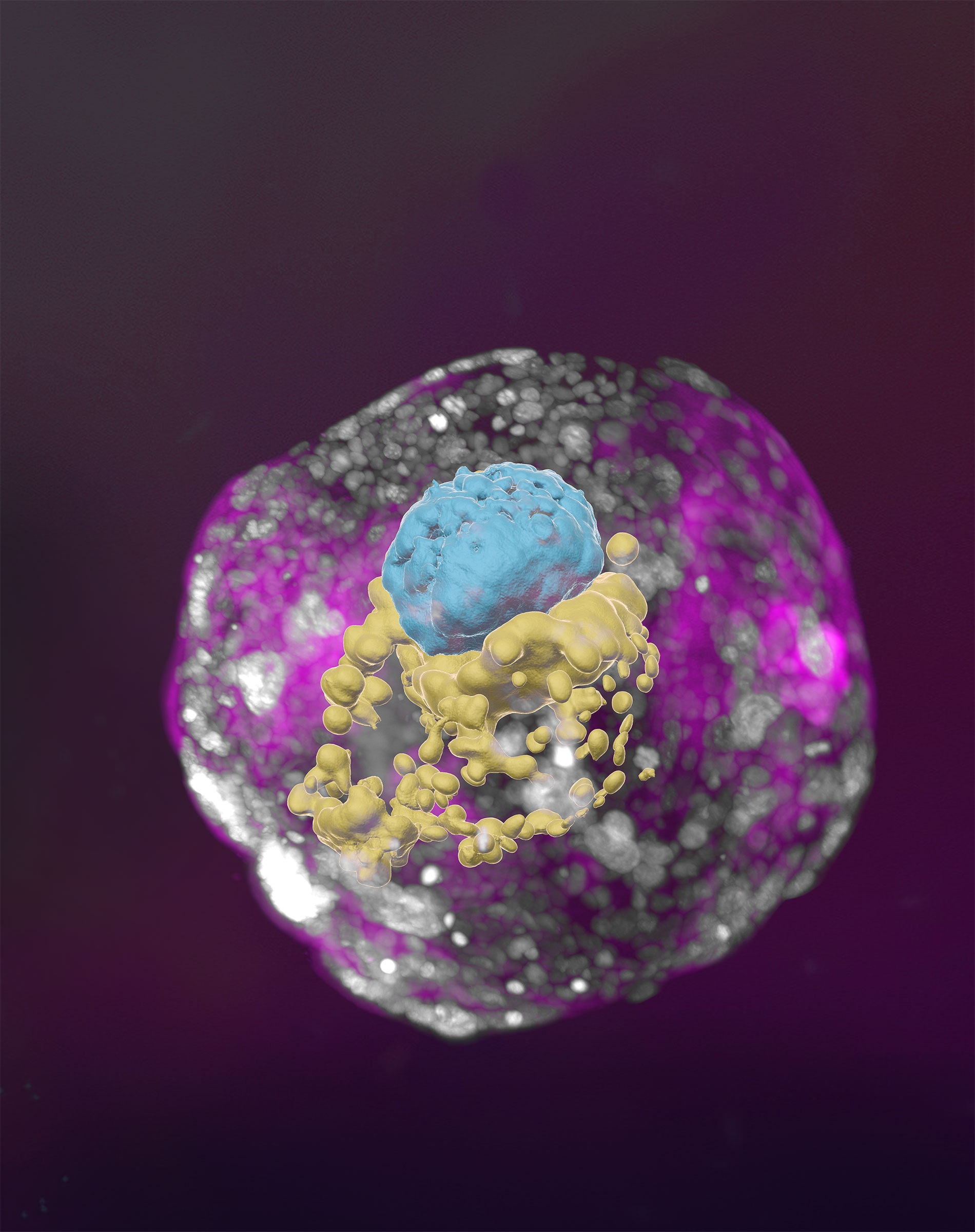These are independent reviews of the products mentioned, but TIME receives a commission when purchases are made through affiliate links at no additional cost to the purchaser.
Because of medical and ethical challenges, there’s much we don’t know about the first few weeks of human embryo development, says biologist Jacob Hanna of Israel’s Weizmann Institute of Science. Hanna’s team used naive stem cells treated with chemicals to nudge them into becoming four types of cells found in early embryos. One percent of the treated stem cells spontaneously formed a structure similar to a human fetus, which researchers allowed to grow for 14 days. While distinctly not human, the model is close enough to give researchers potential insights into fertility, miscarriage, and more, for the first time.
More Must-Reads From TIME
- The 100 Most Influential People of 2024
- How Far Trump Would Go
- Scenes From Pro-Palestinian Encampments Across U.S. Universities
- Saving Seconds Is Better Than Hours
- Why Your Breakfast Should Start with a Vegetable
- 6 Compliments That Land Every Time
- Welcome to the Golden Age of Ryan Gosling
- Want Weekly Recs on What to Watch, Read, and More? Sign Up for Worth Your Time
